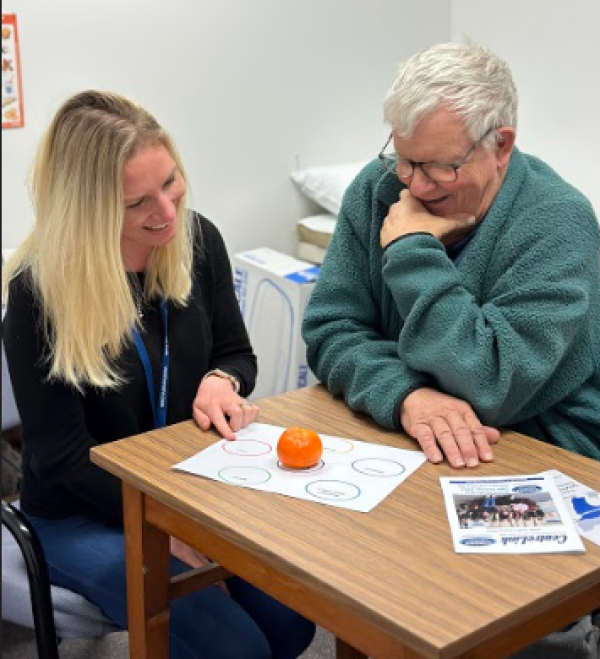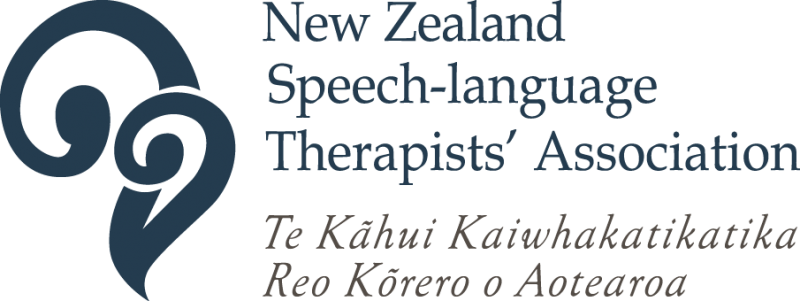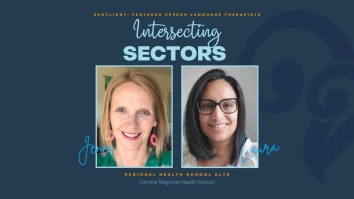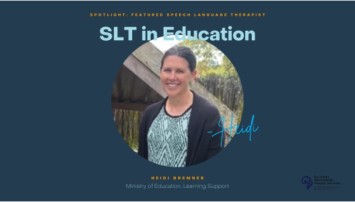Speech-language therapy is a profession that allows great flexibility and opportunity to make a profound difference in your community.
Speech-language therapists (SLTs) are the experts in supporting effective communication, speech and language and safe eating, drinking and swallowing for everyone. Speech-language therapists work with people of all ages, from newborns to older adults, at the end of their life.
There is no such thing as a typical day for an SLT. You could be supporting children with a brain injury or developmental delay, helping an adult who has had a stroke learn to talk again, or helping premature babies with feeding and swallowing problems. You could work independently or as part of a team in various settings such as a school, hospital, prison, child care centre or the client's home.
All speech-language therapists complete a university qualification. This may be a four-year bachelor's degree or a master's qualification in speech-language therapy.
Speech-language therapy is a self-regulated profession. Members must meet the Association's standards regarding continuing professional development to renew as registered members of the New Zealand Speech-language Therapists' Association.
The Association accredits university programmes that offer speech-language therapy training. Currently, speech-language therapists can gain a recognised qualification at either an undergraduate or master's level. The Association and employers equally recognise both courses.
Wondering if being a speech-language therapist is for you - check out these videos below.
Find out how you can become a speech-language therapist - there are several pathways.



